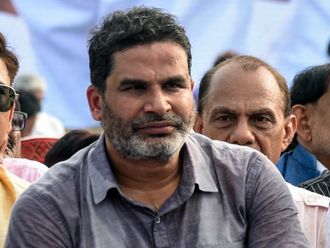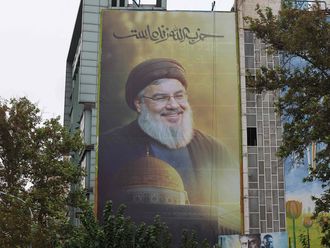After three days of violence, Egypt needs a period of calm. Its first free parliamentary election for decades is still proceeding in a complicated system that looks like giving two Islamist parties a majority, which will leave very little for the secular liberals who inspired the revolution of the Arab Spring. There is real concern that an Islamist dominated parliament might make a deal with the military running the transitional government to build some kind of autocratic and Islamic Egypt, in which the army would preserve its influence and the Islamists would get the social changes they want.
This possibility frightens liberals, so protesters began a peaceful sit-in three weeks ago to demand that the military hand over power to a civilian administration. The three days of clashes started this weekend when one of the peaceful protesters outside the Cabinet offices near parliament was detained and beaten by troops.
The protesters bitterly oppose the continuing role of the Egyptian military in running the country, and their attempt to seek substantial influence over the constitution of the new Egypt. The protesters argue that the whole system that emerged after the revolution is flawed, and that the military has hijacked the Arab Spring of January 2011.
The army was at serious fault when it used excessive violence on what is a relatively small protest. On the other hand, the protesters have to live with the electoral process that is under way and which will first elect a parliament, and then new polls to choose a civilian president. These new appointments will write a new constitution for Egypt, but given the possibility that they could renege on their public duty and seek to grab and hold on to power, the protesters are right to act as the conscience of the Arab Spring.







